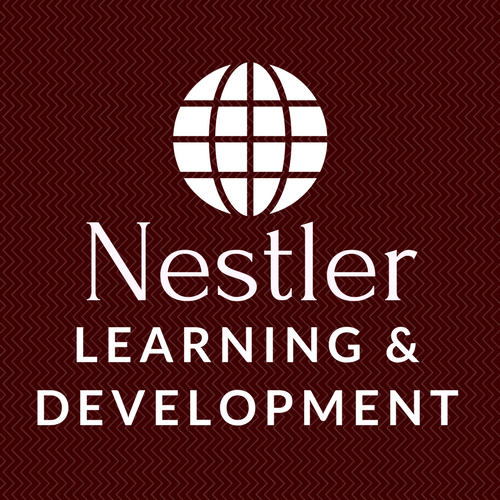This week I have been exploring a wonderful approach to how organizations create knowledge. You might right away be thinking to yourself that organizations don't create knowledge, they consume it in order to make money. Sure, some are content to do that. But they will be short-lived because they lack the ability to change with the needs of the marketplace, to evolve in a Darwinian sense.
The father of the concept of organizational knowledge creation is Dr. Ikujiro Nonaka, a Japanese organizational theorist and Professor Emeritus at the Graduate School of International Corporate Strategy of the Hitotsubashi University. He was born in 1935, experienced Japan during World War II and earned his PhD from the University of California Berkeley.
Along with Akio Morita and Kenichi Ohmae, Nonaka was described by The Economist magazine as a guru and a bridge that connected Japanese industry and management with that of the rest of the world. See their article here. His books (in English) are many, as a simple amazon.com search will show. See especially his book "The Knowledge-Creating Company: How Japanese Companies Create the Dynamics of Innovation"
Nonaka sees in organizations two types of knowledge, tacit and explicit. To quote an excellent paper by Bill Spencer of the (presently much discussed) National Security Agency which is available online at http://www.knowledge-nurture.com/downloads/NONAKA.pdf
Spencer begins his explanation of Nonaka's model like this, "Tacit knowledge is subjective and experience based knowledge that cannot be expressed in words, sentences, numbers or formulas, often because it is context specific. This also includes cognitive skills such as beliefs, images, intuition and mental models as well as technical skills such as craft and know-how. Explicit knowledge is objective and rational knowledge that can be expressed in words, sentences, numbers or formulas (context free). It includes theoretical approaches, problem solving, manuals and databases."
This result is four modes of knowledge conversion based on whether knowledge flows from tacit to tacit, tacit to explicit, explicit to explicit or explicit to tacit. He sees the process as spiraling into deeper and deeper levels of understanding. The four forms of knowledge transfer are named:
socialization
externalization
combination
internalization
Various structures in an organization provide the environment for one or the other. When an organization promotes all four forms, the spiral is robust and productive.
I urge you to read Spencer's three-page article and see if it might trigger an interest in Nonaka's book. Every one of us in an organization has a role to play in knowledge creation. Understanding how it happens and how we can foster it is a powerful thing.



